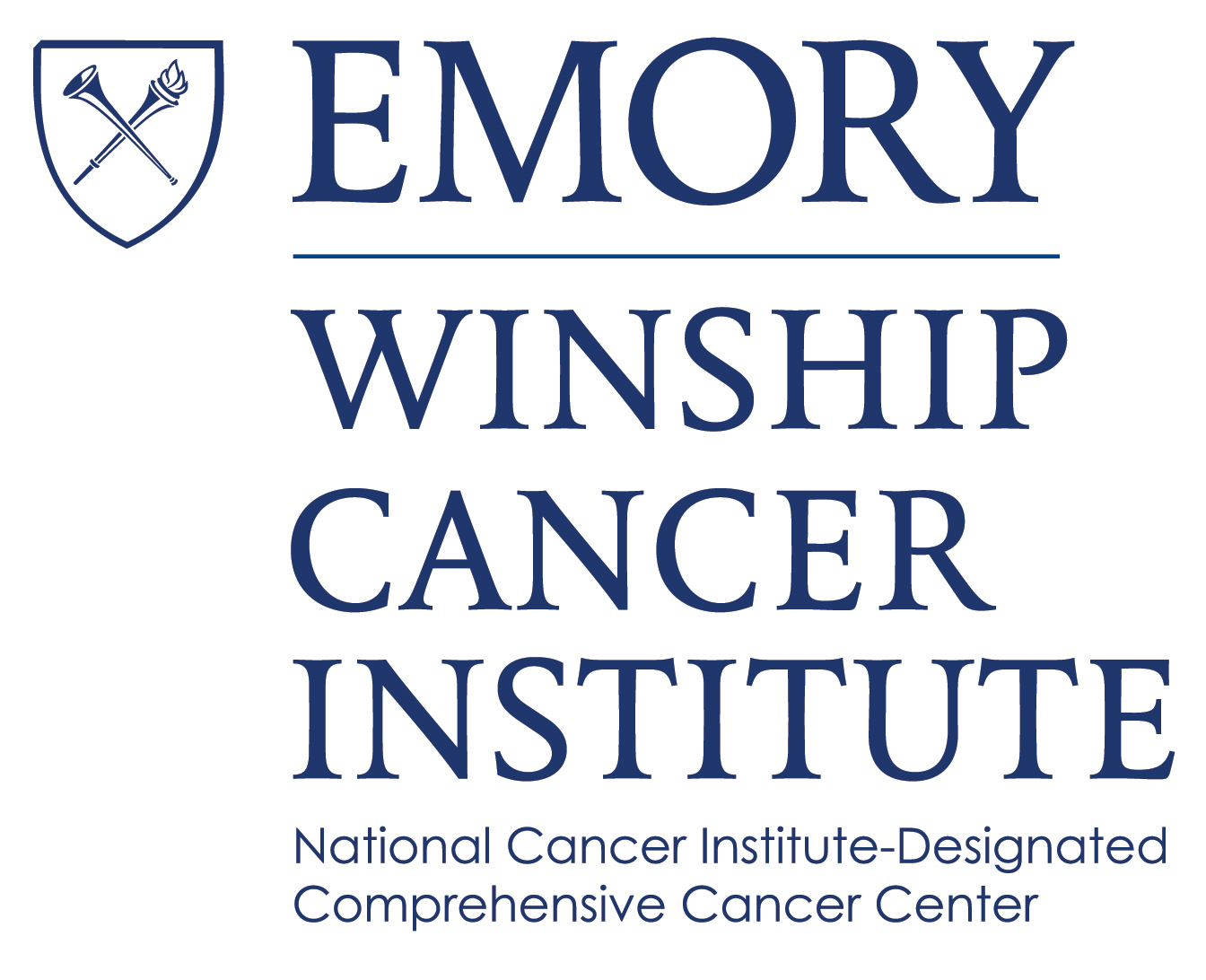- Advertise
- About OncLive
- Editorial Board
- MJH Life Sciences brands
- Contact Us
- Privacy
- Terms & Conditions
- Do Not Sell My Information
2 Clarke Drive
Suite 100
Cranbury, NJ 08512
© 2025 MJH Life Sciences™ and OncLive - Clinical Oncology News, Cancer Expert Insights. All rights reserved.
Dr. Saba on Scheduling Challenges With Cisplatin in Head and Neck Cancer
Nabil F. Saba, MD, FACP, discusses scheduling challenges with cisplatin in head and neck cancer.
Nabil F. Saba, MD, FACP, director, Head and Neck Medical Oncology Program, Winship Cancer Institute of Emory University, professor, Department of Hematology and Medical Oncology, Department of Otolaryngology, Emory University School of Medicine, discusses scheduling challenges with cisplatin in head and neck cancer.
The head and neck cancer paradigm has been limited in terms of systemic therapy options to combine with radiation therapy, says Saba. Additionally, scheduling of cisplatin has been a long-standing issue in the space.
Giving high-dose cisplatin every 3 weeks remains the standard of care based on level 1, phase 3 data, Saba explains. However, about 40% of patients who receive this regimen are unable to receive cycle 3 of therapy due to intolerable toxicity.
As such, giving once-weekly cisplatin at a lower dose may be less toxic and better tolerated for patients with head and neck cancer, concludes Saba.


